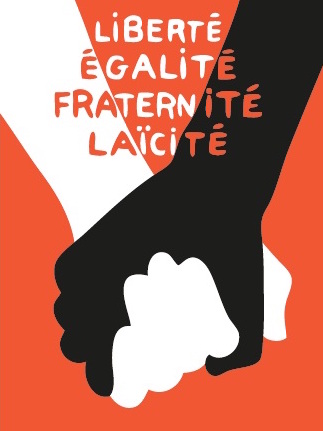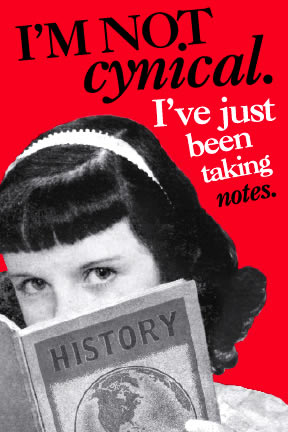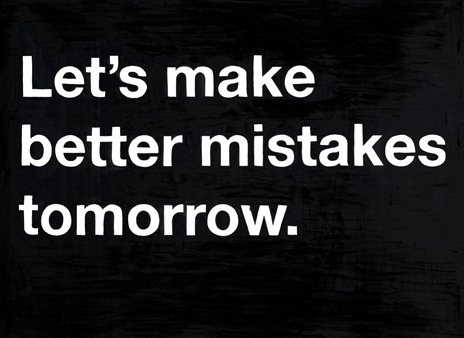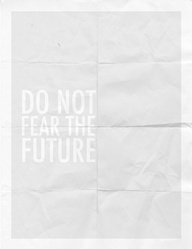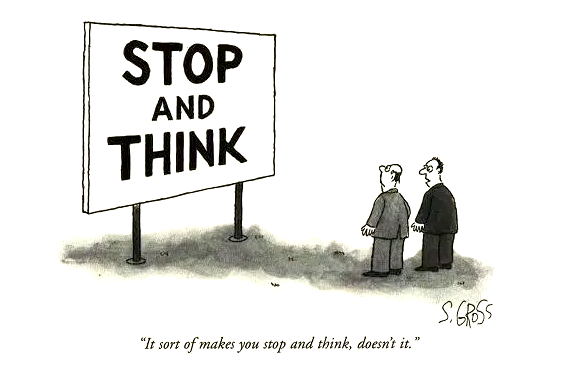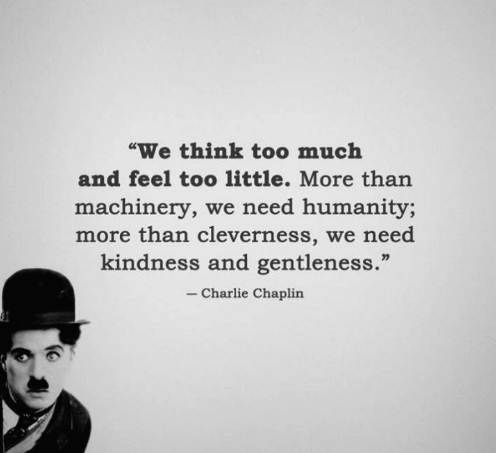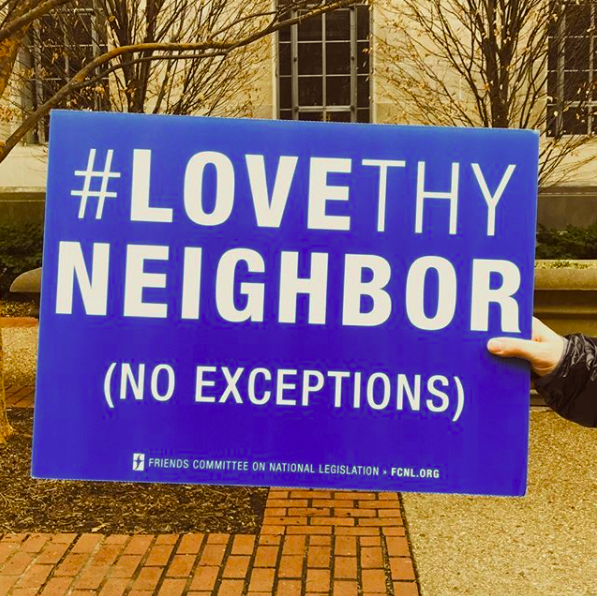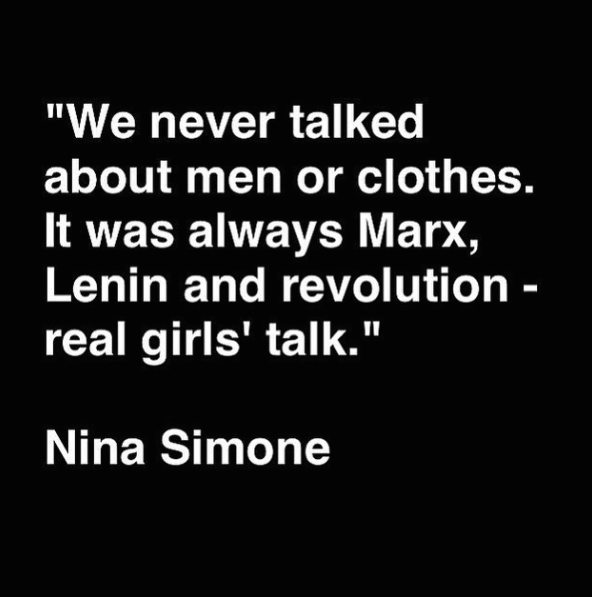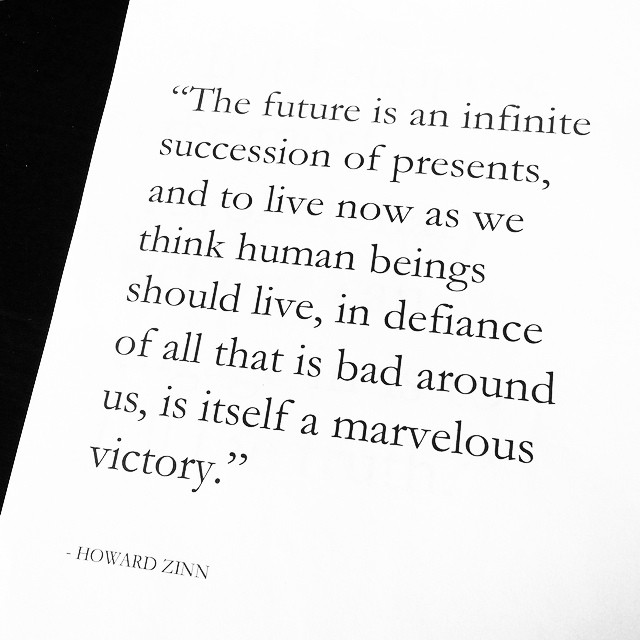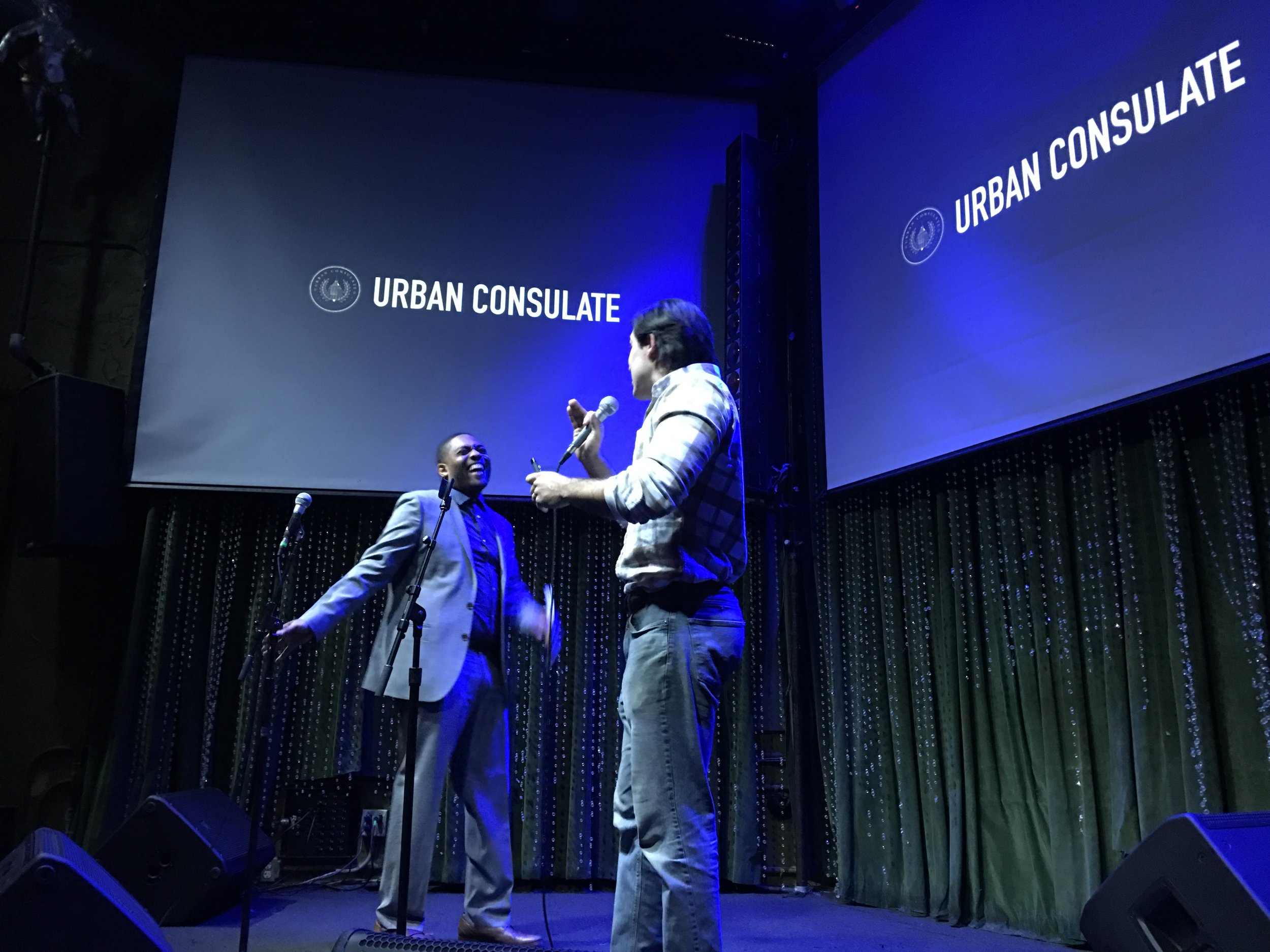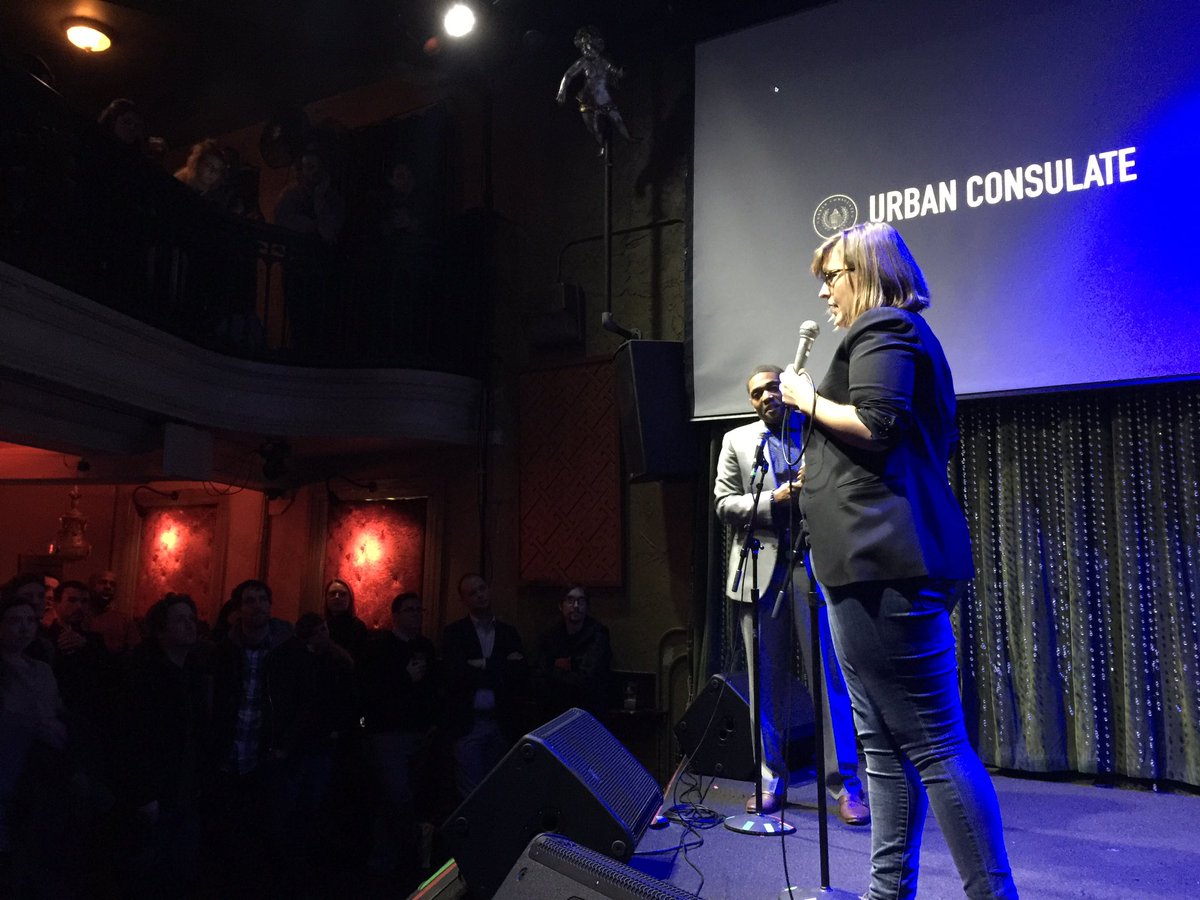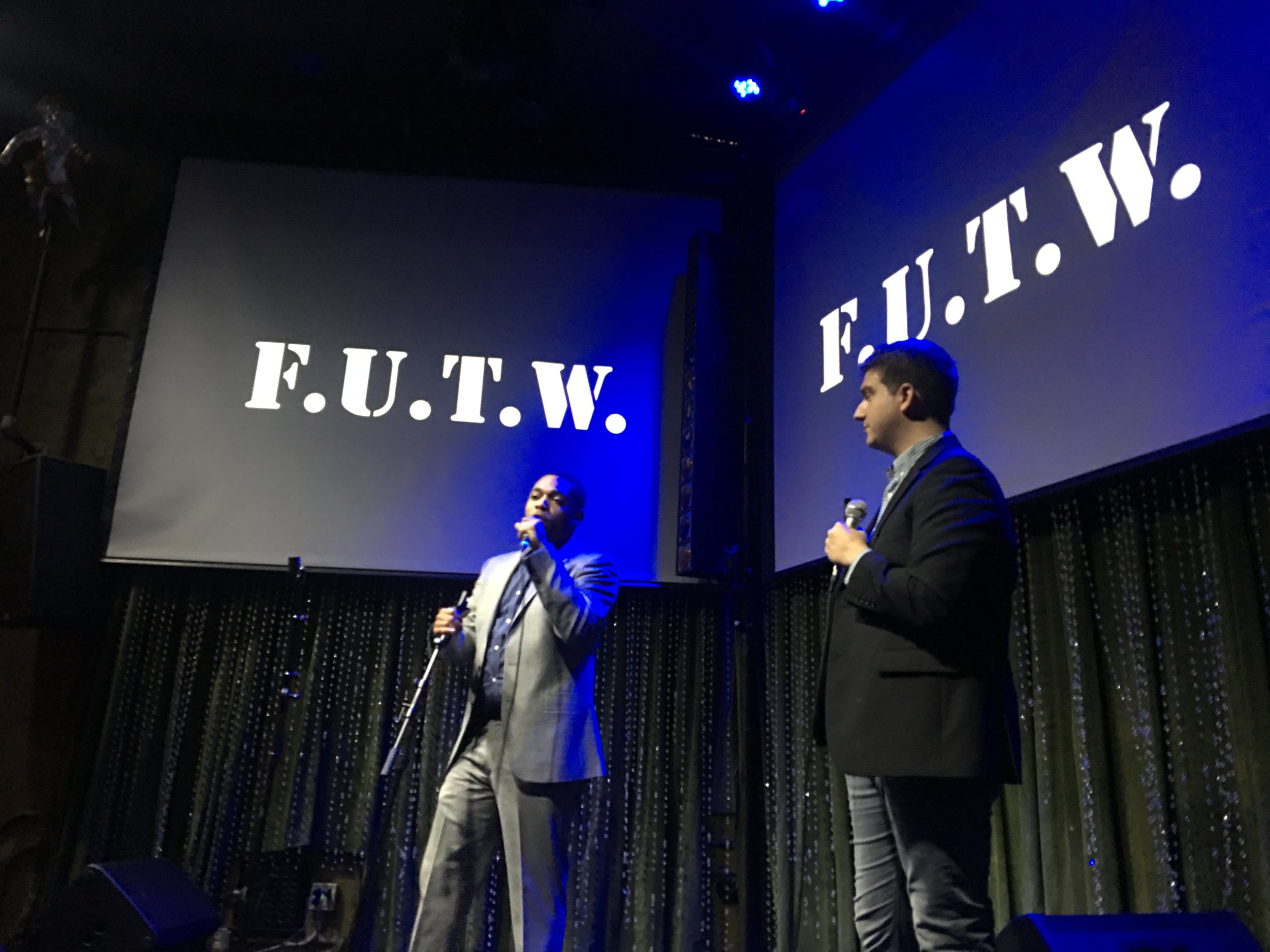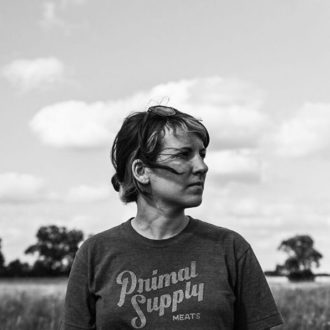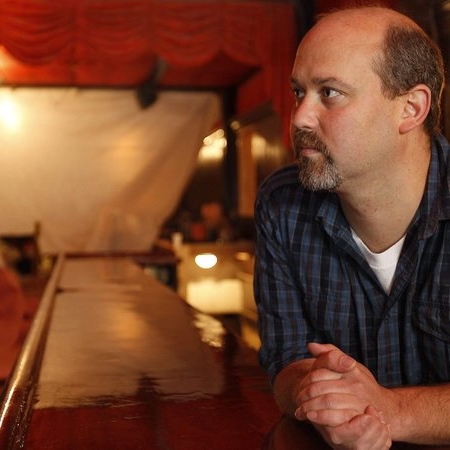Sometimes we collect words that catch our attention. Here are some that guide our work & inspire us to do better:
FELLOWSHIPS & EXCHANGE
“Travel is fatal to prejudice, bigotry, and narrow-mindedness, and many of our people need it sorely on these accounts.” -Mark Twain
Study, learning & exchange is transformative -- and can also be expensive. Travel fellowships do exist, but are often competitive and sometimes invitation-only through nominations & referrals. Interested in branching out or brushing up on your urban expertise? We suggest investigating which programs you might qualify for and putting dates & deadlines on your calendar. Never hurts to inquire & toss your hat in the ring:
FELLOWSHIPS / ABROAD
- German Marshall Fund
- Salzburg Global Seminar
- 880 Cities
- American Academy in Rome
- LSE Cities
- Rhodes Scholarship
FELLOWSHIPS / DOMESTIC
- MacArthur Foundation
- TED Fellows
- MIT Media Lab Fellows
- Ford Foundation / Art of Change Fellows
- MacDowell Colony
- Joan Mitchell Foundation
- Kresge Arts in Detroit
- Kellogg Foundation Community Leadership Fellows
- Detroit Revitalization Fellows
- Challenge Detroit
- Urban Innovation Fellowship / Drexel University
- Tumml
- Citizen University / Civic Seminary
CONFERENCES
- World Urban Forum - February 2018 - Kuala Lumpur, Malaysia
- SXSW - March 9-18, 2018 - Austin, TX
- TED - April 10-14, 2018 - Vancouver, CA
- Equity Summit / Policy Link - April 11-13, 2018 - Chicago, IL
- Urban Land Institute / Spring Meeting - May 1-3, 2018 - Detroit, MI
- Congress for the New Urbanism - May 16-19, 2018 - Savannah, GA
- Allied Media Conference - June 14-17, 2018 - Detroit, MI
- Aspen Ideas Festival - June 21-30, 2018 - Aspen, CO
- Urban Land Institute / Fall Meeting - October 8-11, 2018 - Boston, MA
- Meeting of the Minds - Nov 27-29, 2018 - Sacramento, CA
- CitizenFest - March 22-23, 2019 - Seattle, WA
- German Marshall Fund / BUILD - Last: Nov 15-17, 2017 - Detroit, MI
- Next City Vanguard Conference - Last: Nov 6-10, 2017 - Newcastle, Australia
- Obama Summit - Last: Oct 31-Nov 1, 2017 - Chicago, IL
- City Lab / The Atlantic Live - Last: Oct 22-24, 2017 - Paris, France
- SOCAP - Last: Oct 9-13, 2017 - San Francisco, CA
TRAVEL RESOURCES
- Airbnb Experiences - Guided tours & activities by locals
- Lokafy - Guided tours & activities by locals
- With the Locals - Collection of locally-built travel guides
- Design*Sponge City Guides - Collection of travel guides for design lovers
- Jet Black - Private & group trips to countries in the African diaspora
- Travel Noire - Traveler's toolkit for the African diaspora
GRANTS
- ArtPlace America
- Knight Arts
- Knight Cities
- Kresge American Cities
- Bloomberg American Cities
- Kresge Arts in Detroit
- Graham Foundation
- National Endowment for the Arts
- National Endowment for the Humanities
What are we missing? Don't hesitate to let us know.
INFORMED & ENGAGED
Informed voters are essential for a thriving democracy. (We know you know that!)
Detroiters, the Primary Election is August 8, 2017 and General is November 7, 2017. Do you know the people vying to lead your city? Our friends at Citizen Detroit have produced helpful candidate videos so you can do your research at home. Watch, share & vote:
For the full collection of individual videos, visit Citizen Detroit's YouTube page here.
TACTICAL URBANISM
The DIY public space movement is growing up. So what have we learned? On March 22, 2017, we joined 5th Square to host A Tactical Urbanism Guide to exchange insights on starting & scaling small neighborhood projects in cities, inspired by the new book from Street Plans Collaborative.
To a sold-out hall at Johnny Brenda's in Philadelphia, a stellar line-up of neighborhood lovers & leaders from Philly & New York shared their stories, tips & lessons learned. Wanna hear what they had to say? Video below. And one of our favorite excerpts below that.
Big thanks to our hosts & presenters:
- Jon Geeting, 5th Square
- Michelle Freeman & Jermaine Jenkins, Witty Gritty
- Akeem Dixon, New Kensington CDC
- Lauren Vidas, SOSNA
- Emaleigh Doley, Germantown United CDC
- Justin DiBerardinis, Bartram’s Garden
- David Weinberger, IOBY
- Mike Lydon, Street Plans Collaborative (who joined us virtually!)
And much gratitude to Knight Foundation for their support.
JUSTIN DIBERARDINIS:
"I think when we talk about Tactical Urbanism, we shouldn't get so lost in the tactic that we forget what the urbanism means. Let's not talk about the "how" and lose focus on the "why." What is your urbanism? What are we building?
For a lot of people, it means play space for the hip or the affluent. That's what a lot of urbanism can mean & look like, right? It doesn't have to be.
It can be the place & program that challenges inequity in our city, that challenges & attacks the architecture of segregation that defines so much of our public space. The formal, regulatory city creates that, right? Space for some people over here, space for others over there. It's easier to manage if we kind of keep everyone in their own place. It's *hard* to put things together. It's challenging.
So that's the justification for breaking the rules. We don't just get to break the rules because we can. If you do the *right* thing, than you *can* break the rules. That's the reason you broke the rules, because the rules didn't allow the right things to happen.
You still might get shut down, but break the rules because it is right. And think about the space you're trying to achieve. How is it going to work for the people with the *least* access? That's your starting point. Then your "inclusion" is that everyone else can come, too."
—Justin DiBerardinis, Bartram's Garden
Interested in more conversations about the city?
The Urban Consulate is a network of parlors for urban exchange. For future events in Detroit, Philadelphia & New Orleans, follow us on Facebook, Instagram and Twitter and check out our event listings here.
Video by Meredith Edlow. Photos by Patrick Morgan.
FILM DEBUT
Excited that our film series "Change & The City" will make its Detroit debut at the 2017 Freep Film Festival! Join us Friday, March 31, 5pm at Detroit Film Theatre to hear perspectives on urban change from Detroit, Philadelphia & New Orleans. We're in great company as part of the "From Detroit With Love" shorts program. Tickets $10. For more info, visit our Facebook page here.
OUR NEW HOME IN DETROIT
We moved to a new home in Detroit! This is the historic Mackenzie House, longtime home of Preservation Detroit. We're now open for our weekly parlor talks and special meetings & events by appointment at 4735 Cass Avenue, Detroit, MI 48201 USA. Locals & travelers welcome. Thanks to Knight Foundation for their support.
For a peek inside, check out the feature in Curbed Detroit and our photo gallery here.
Photo: Michelle and Chris Gerard for Curbed Detroit
BUILDING A JUST CITY
"What do mass incarceration, criminal justice reform and prison abolition have to do with urban planning and economic development?"
On Thursday, February 2, the Urban Consulate in Detroit was standing-room-only for "Building A Just City," a conversation led by Amanda Alexander, founder of the Prison & Family Justice Project at University of Michigan Law School, with visiting guests Deanna Van Buren and Kyle Rawlins of Designing Justice + Design Spaces in Oakland, California.
"We cannot build an inclusive Detroit without addressing mass incarceration," said Alexander. "So what would that mean in practice?"
"I think we can borrow something from our colleagues in the immigration movement who thought about the elements of a Sanctuary City. What does a 'Just City' look like? What would it mean to truly welcome people coming back from prison?"
Alexander offered some ideas.
"A Just City would:
- Promote access to opportunity through Ban the Box ordinances;
- Lift conviction-related bans on public assistance;
- Foster a prison-to-higher education pipeline instead of a school-to-prison pipeline;
- Build up restorative justice infrastructure and high-quality public defense;
- Link people to transitional and affordable permanent housing; and
- Stop depending on revenue from ticketing and fining their poorest residents."
What else would a Just City Agenda include?
Three takeaways for consideration:
1. Court-Related Costs to Families
"Incarceration costs poor, disproportionately Black and Brown families thousands upon thousands of dollars. That's money not going toward food, investment in education, keeping lights on, transport, or paying rent. If we're not talking about this hemorrhaging of money and resources out of households, then we're not having a full conversation about inclusive economic development." -Amanda Alexander
Source: WhoPaysReport.org
2. Priorities for Community Reinvestment
"Our national team for the Who Pays? report interviewed nearly 1,500 formerly incarcerated people and their families to learn how much families spend on prison visits, collect calls, and all the other costs associated with a loved one's incarceration. We also wanted to hear their dreams for alternatives. How would families like to see the U.S. reinvest the $80 billion that we spend on 'corrections' each year?" -Amanda Alexander
Source: WhoPaysReport.org
3. State Policy Drives Mass Incarceration
"Most of the rise in incarceration has happened at the state and local level. These are state laws driving the expansion of the prison population. You should find that empowering, I hope. We often think of 'mass incarceration' as something that happens 'out there' or 'in D.C.,' but much of it happens at the state and county level. Despite how bleak prospects are at the federal level, there’s still much that can be done locally." -Amanda Alexander
Source: Prison Policy Initiative
ABOUT OUR GUEST
Amanda Alexander is a racial justice attorney who has worked at the intersection of economic development, law, and community-based movements in Detroit, New York, and South Africa for over 15 years. She is an Assistant Professor and Postdoctoral Scholar in Afro-American Studies and Law at the University of Michigan, and a member of the Michigan Society of Fellows. As a 2013–2015 Soros Justice Fellow, Amanda founded Michigan Law School's Prison & Family Justice Project, which serves families divided by incarceration and the foster care system.
She has worked with the UN Special Rapporteur on the Right to Housing in Sao Paulo, Brazil, the Center for Constitutional Rights, the Detroit Center for Family Advocacy, and the Centre for Civil Society in Durban, South Africa. Amanda serves on the steering committee of Law for Black Lives, a national network of lawyers committed to building the power of the Black Lives Matter movement. Amanda received her JD from Yale Law School and her PhD in History from Columbia University.
ABOUT THE CONSULATE
The Urban Consulate is a network of parlors for city dwellers & travelers seeking urban exchange. Our parlor talks in Detroit are hosted by Chase Cantrell, founder of Building Community Value and made possible thanks to support from Knight Foundation. For future talks, follow us on Facebook, Instagram & Twitter at @UrbanConsulate.
THANK YOU NOTE
Dear President Obama:
Thank you for representing the best of our country at home and abroad. You made us proud.
We will never forget your anniversary address at Selma, your historic visit to Havana, and your moving eulogy in Charleston.
Thank you for your leadership on climate change, criminal justice reform and marriage equality. Thank you for your commitment to science, research & innovation. Thank you for championing women’s equality, black excellence and cross-cultural understanding.
We will carry these ideas forward in our lives & work.
#YesWeCan
SPEAKEASY DETROIT
Could we do a pop-up parlor on Six Mile in Detroit? (Sure, why not?) So on a snowy evening in December, we joined our friends at Live6 Detroit & Model D to transform a storefront on Six Mile into a speakeasy for urban exchange, per the vision of Ms. Lauren Hood. We packed up our parlor in Midtown, and we invited some friends in Chicago & Philadelphia to join us. They shared their work, and we took notes.
Thanks to our friends at PlaceLab Chicago, Little Giant Creative & Witty Gritty for flying to Detroit for the occasion. And thanks to our partners at Live6 Detroit, Model D, Patrick Thompson Design, Detroit Collaborative Design Center, Detroit Sip, Axle Brewing Company, Detroit City Distillery, Knight Foundation & Kresge Foundation for their support.
Photos by Bree Gant for Model D.
ETHICAL REDEVELOPMENT

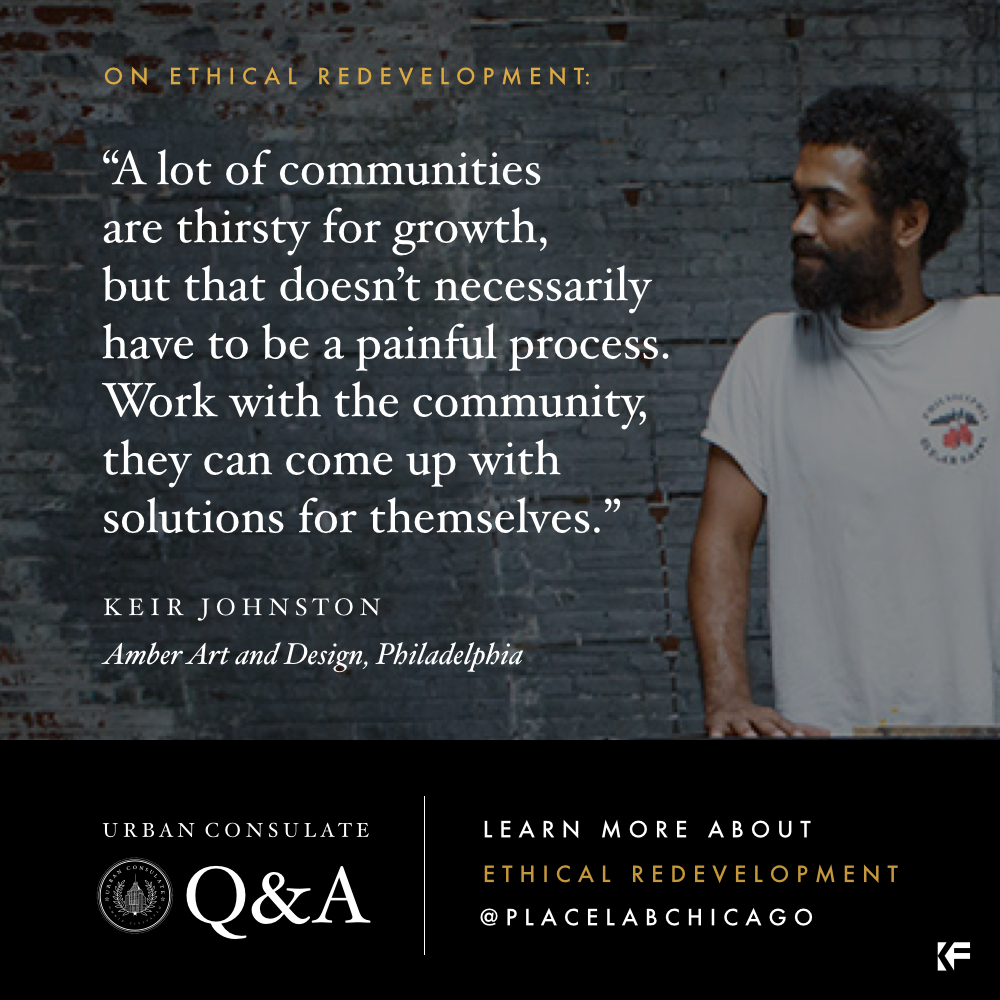
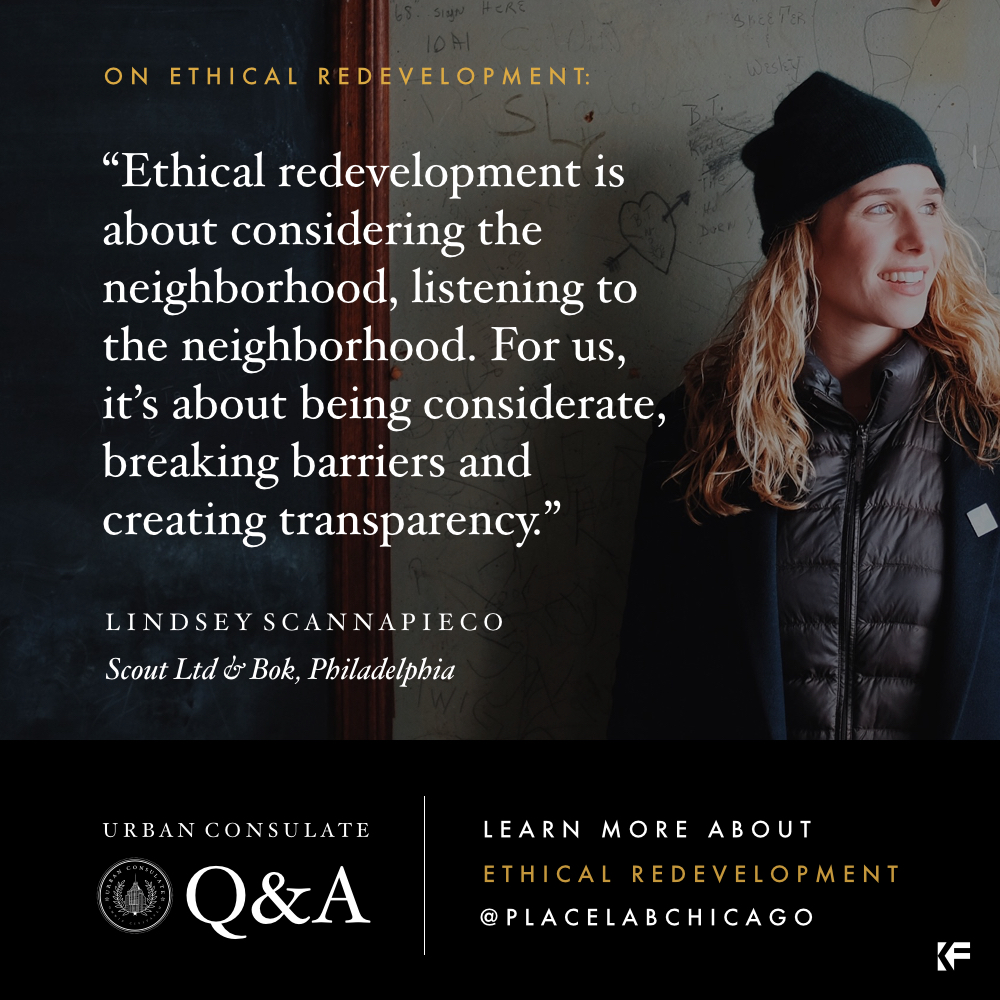
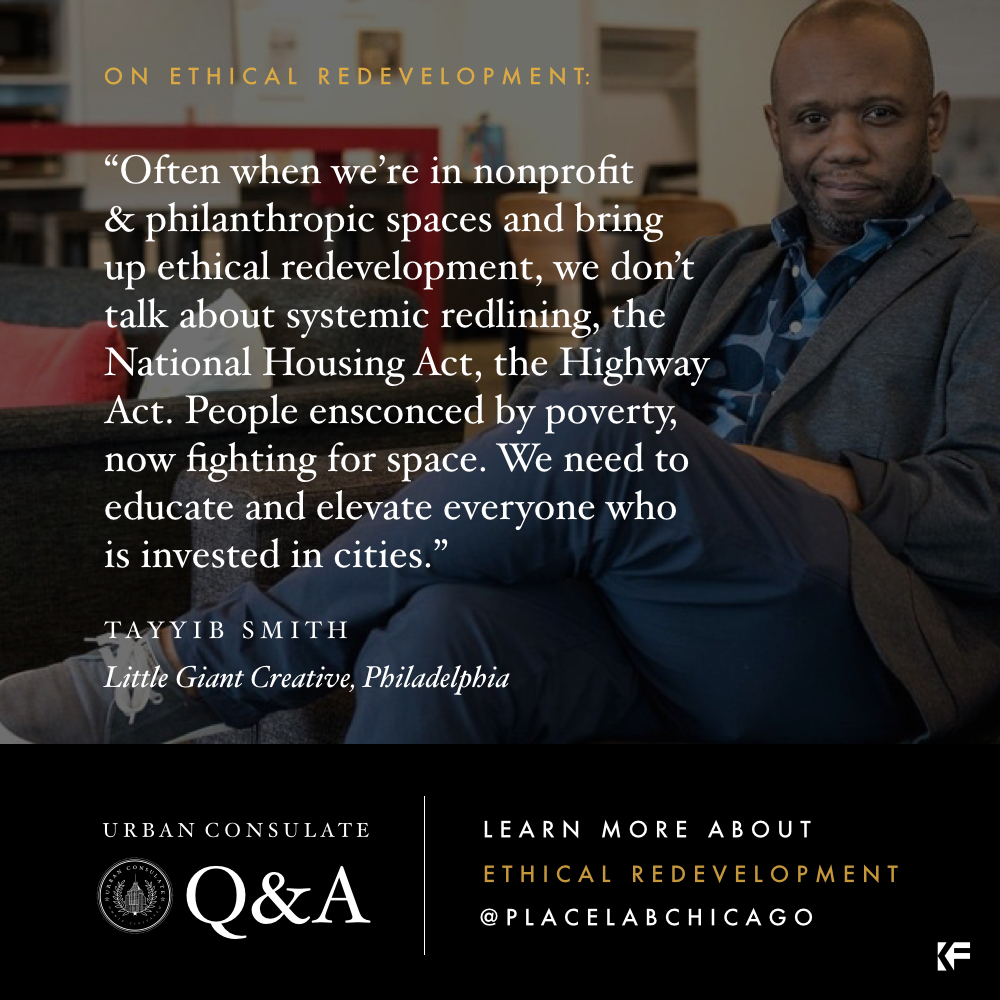
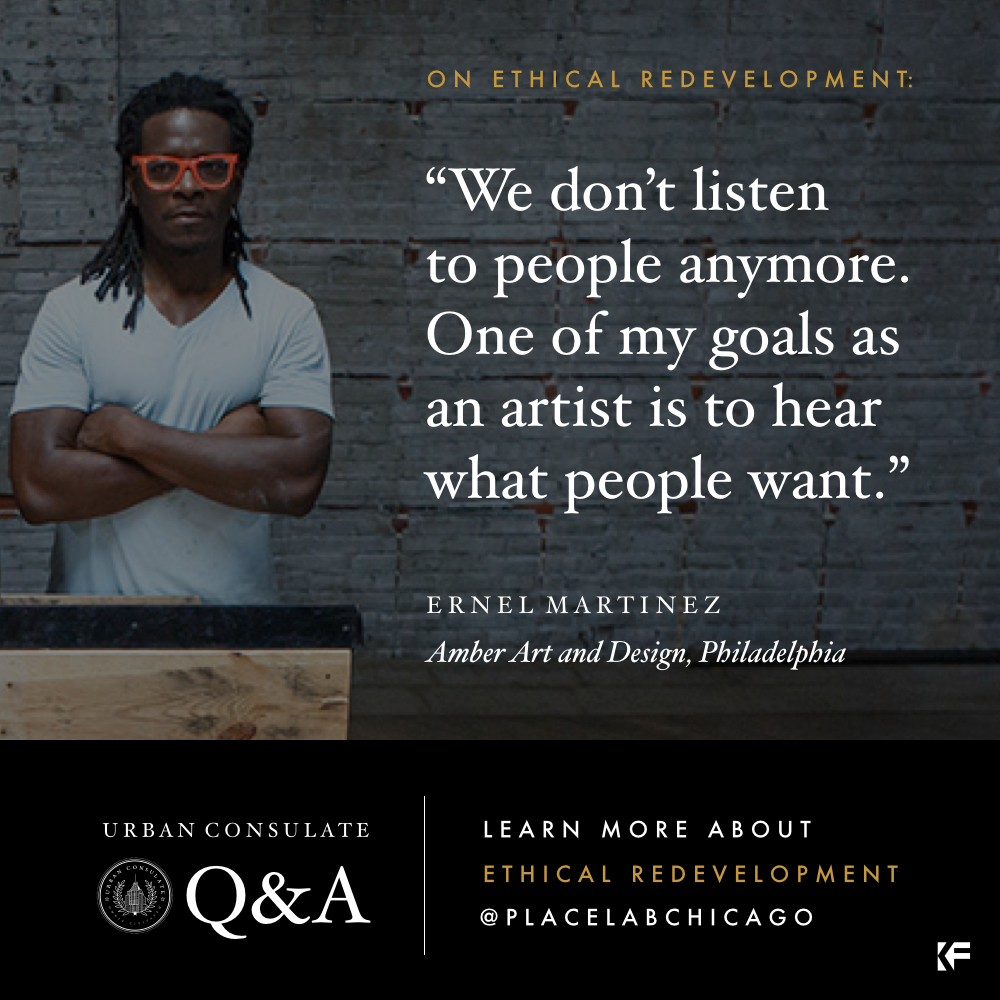
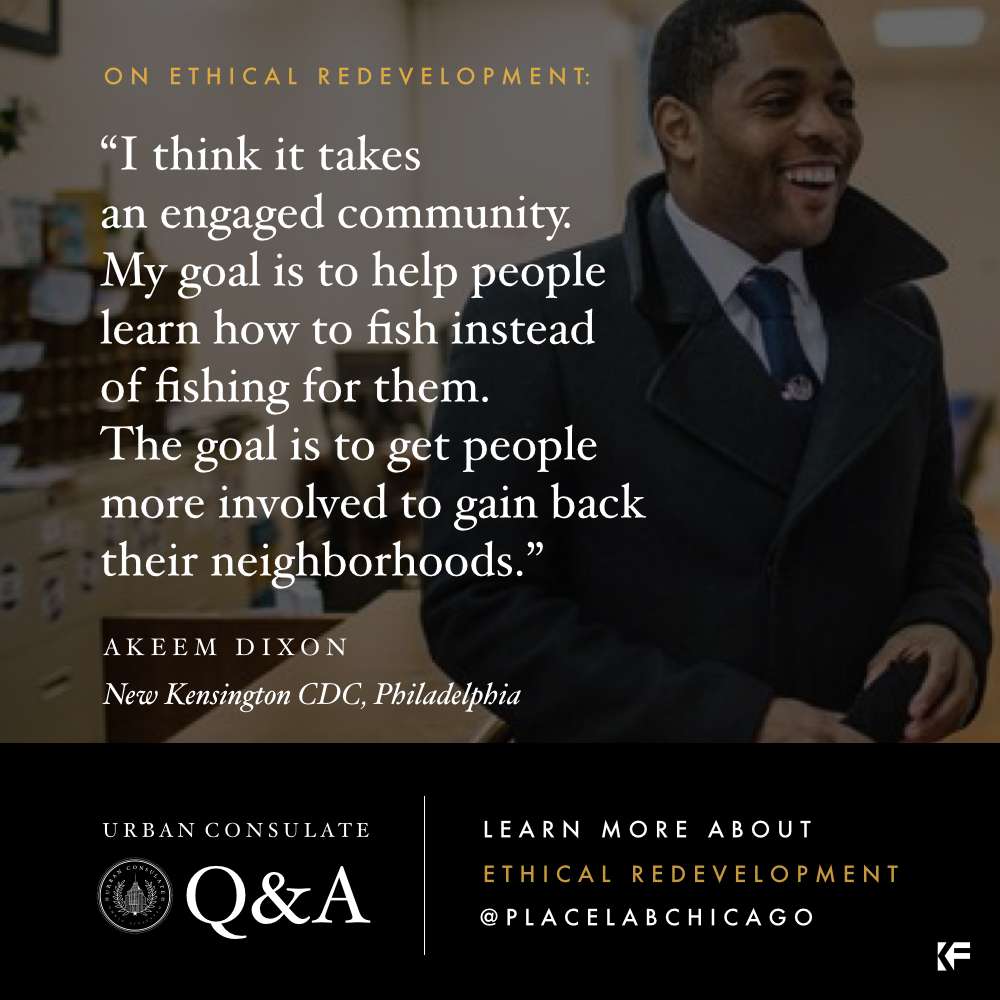
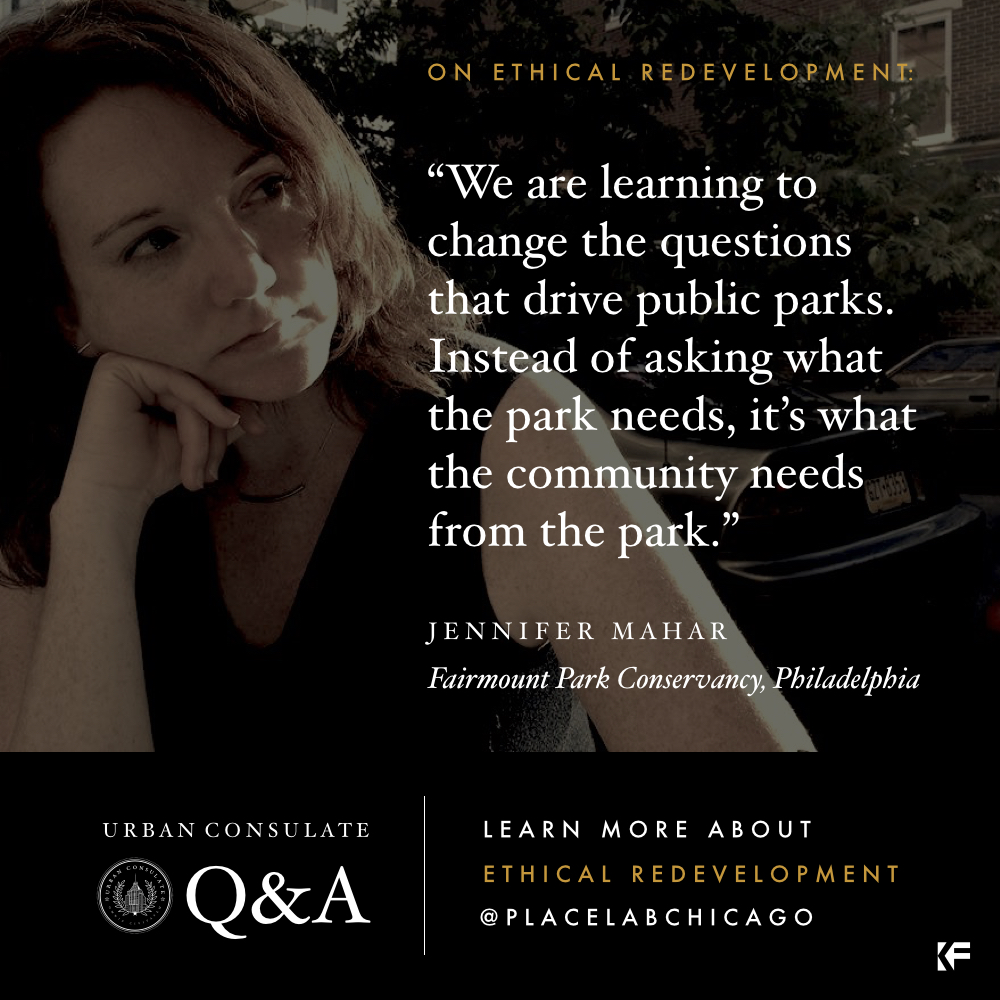
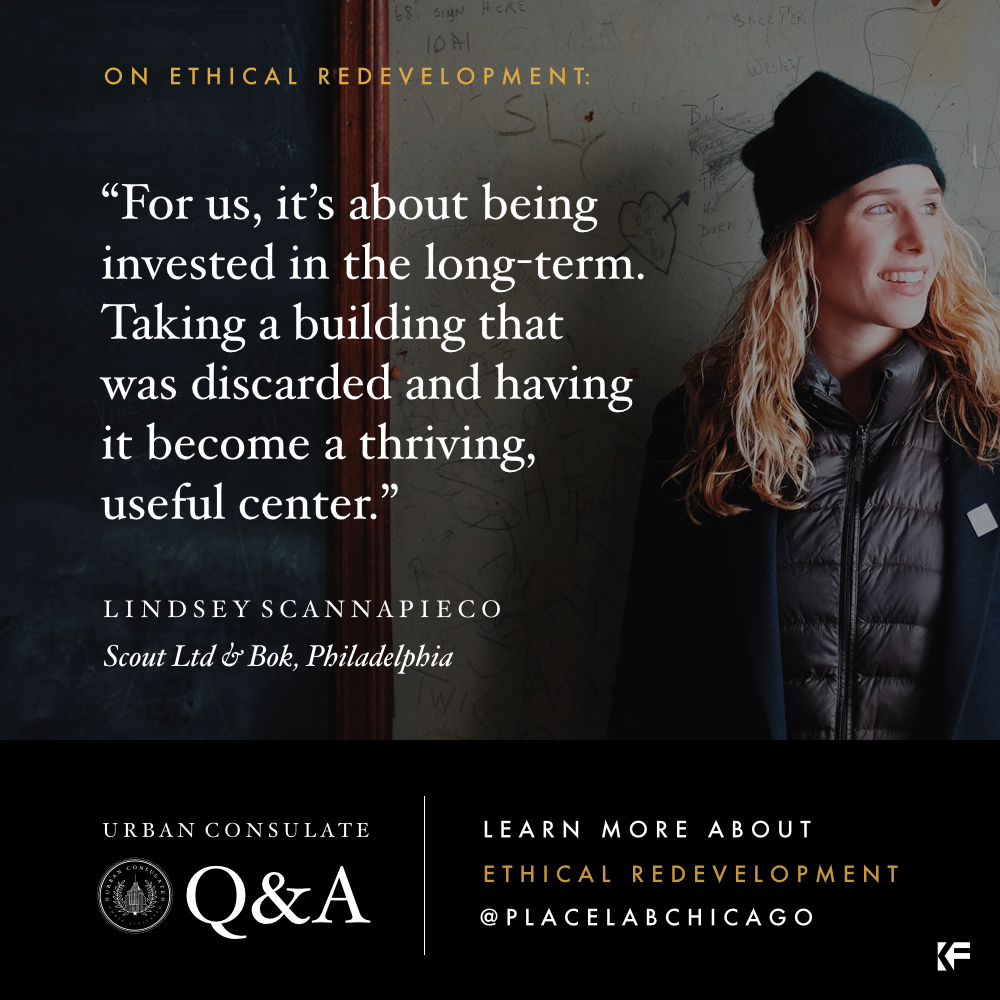
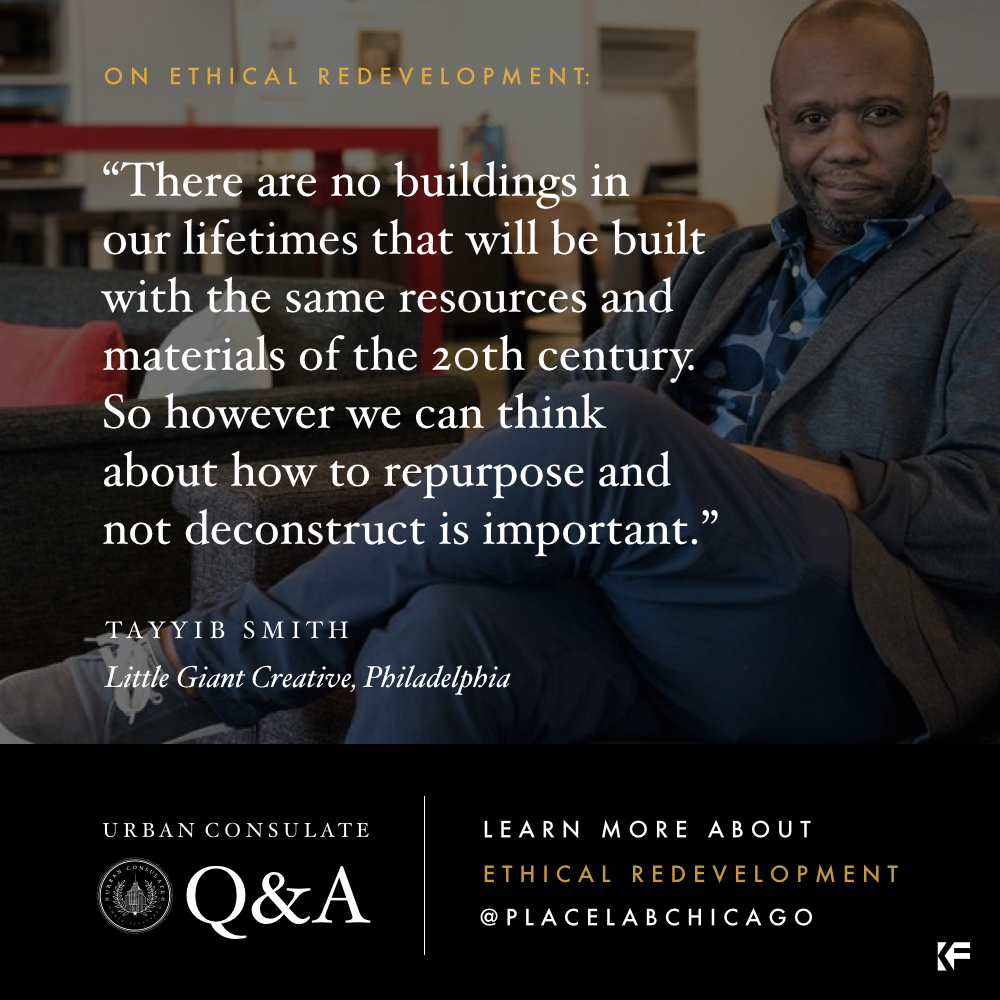
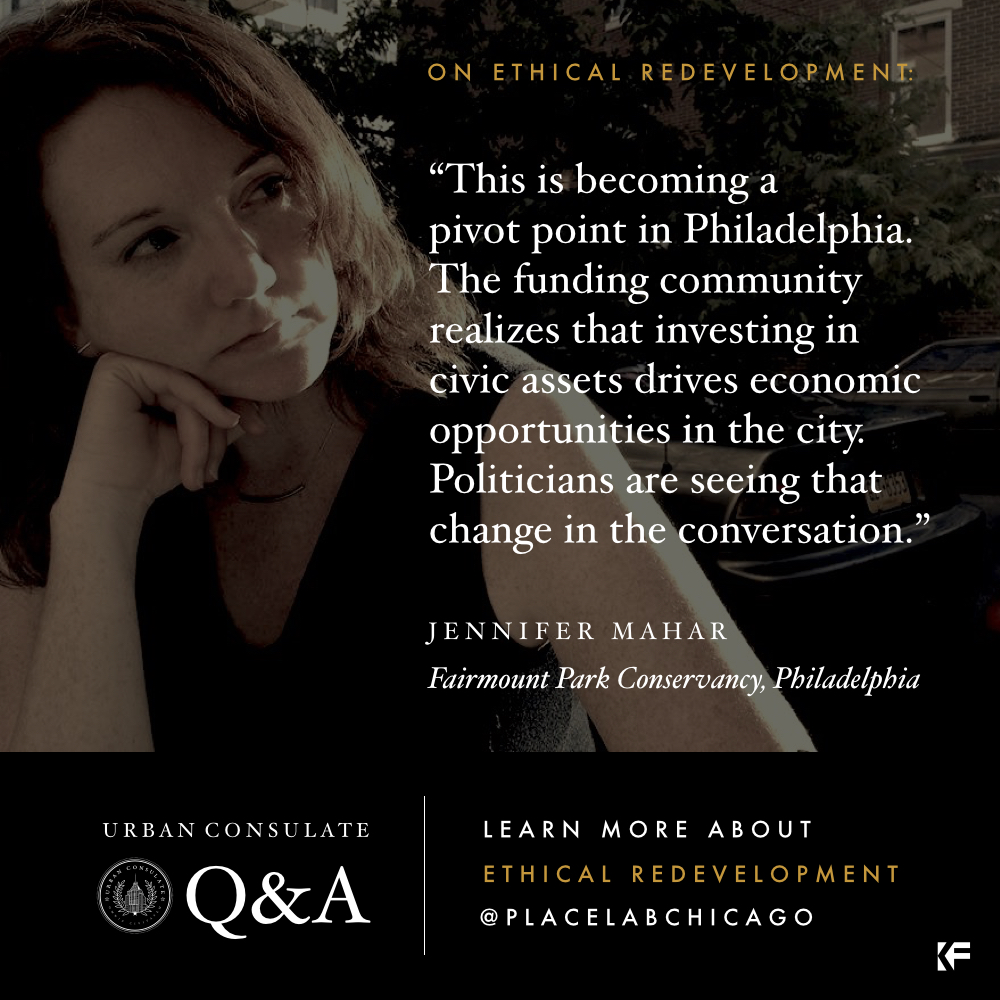
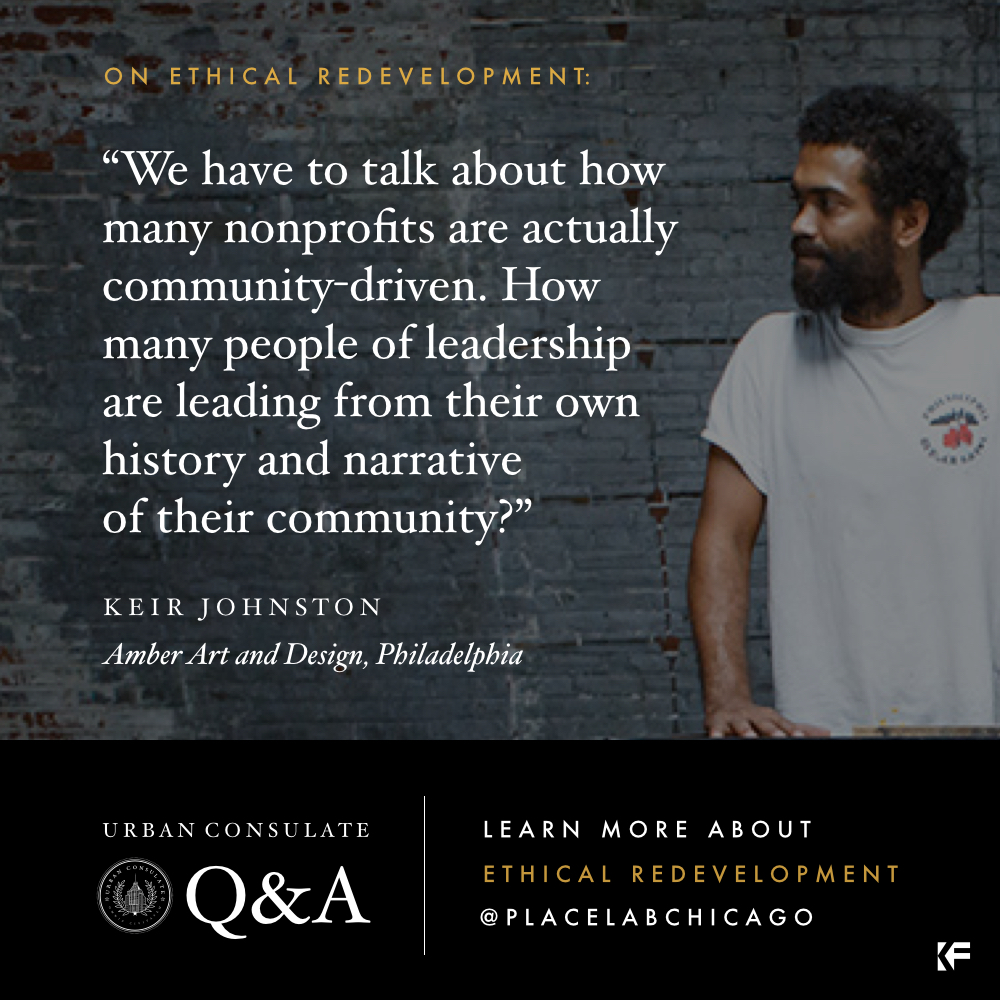


{Scroll through slideshow above}
We've been following the work of artist Theaster Gates for a long time now. His Dorchester Projects first caught our eye back in 2010. Since then, we've made multiple trips to the South Side of Chicago to visit the Black Cinema House, Stony Island Arts Bank and Arts Block. And we've learned a lot from his visits to Detroit.
So naturally, our ears perked up when he formed Place Lab Chicago to help turn his earned wisdom on arts-driven, neighborhood-based development into a philosophy for mindful city-building.
In Spring 2016, Place Lab published their 9 Principles for Ethical Redevelopment. The goal, as they tell it, is to "shift the value system from conventional, profit-driven development practices to conscientious interventions in the urban context."
We're listening...
To help shape and share these ideas, Place Lab invited a group of city builders from across the country to participate in a series of salon sessions. Thanks to support from Knight Foundation, a dozen of our friends & colleagues from Detroit & Philadelphia have been participating.
Eager to hear what they are learning, we invited the Philly fellows to share insights at City Lobby, our monthly parlor for urban exchange. A group of 45 city planners, artists, nonprofit leaders and neighborhood advocates gathered at Le Meridien in Philadelphia on October 6, 2016 to discuss.
The slideshow above offers some key ideas & takeaways from that conversation, as shared by Place Lab salon members Tayyib Smith, Little Giant Creative; Akeem Dixon, New Kensington CDC; Keir Johnston & Ernel Martinez, Amber Art & Design; Lindsey Scannapieco, Scout Ltd; and Jennifer Mahar, Fairmount Park Conservancy.
We will also post their thoughts on Instagram & Facebook. Look out for them there, and please share.
We look forward to continuing the conversation in Detroit in December. In the meantime, make sure you're dialed into Place Lab's work as it evolves. Check out the video. Download the PDF. Watch Theaster's TED talk. And follow @PlaceLabChicago on Facebook & Twitter.
Urban investment need not always mean gentrification. You, too, can be a voice for more ethical redevelopment in your city.
Posted by Claire Nelson, with special thanks to Michelle Freeman, Jermaine Jenkins & Leah McGlone at Witty Gritty for hosting & recording; Carson Poole & Isis Ferguson at Place Lab for collaborating; and Knight Foundation for their support.
* * * * *
WHAT'S THE PHILLY STORY?
Philadelphia has enjoyed some serious spotlight this last year. From the Pope's visit last fall, to this summer's Democratic National Convention -- and continuing even now, as both presidential candidates vie for Pennsylvania voters -- Philly's all over the news.
Seems a good time to check: Any gaps in the city's media narrative? What do we, as Philadelphians, want our story to be?
On September 1st, we gathered for our monthly City Lobby series to ask this question.
Not surprisingly, many guests emphasized the city's deeply-rooted spirit of cooperation and camaraderie. “That’s one thing I love about Philadelphia," said guest Katie Monroe, "its openness and accessibility."
Here are some other things we heard:
“It’s exciting to be in Philly. You come here and want to make things happen, but you can’t do anything alone. So you find people with the same interest. You find someone with a similar problem, and work together, and then both of your businesses succeed. All of the work I’ve done since I’ve gotten here has been surrounding that.”
--Heather Marold Thomason, Primal Meat Supply and EatRetreat
“One of Philadelphia’s greatest jewels and tools is its independent artists and underground arts scene. I think every time we talk about anything that we’re doing in any of these creative outlets -- the strength of Philly, honestly, is building off of effort and stability before we personally came into that space. And we need to keep that energy going. That’s what inspired me, because I’m not originally from here.”
--Erica Hawthorne-Manson, Small But Mighty Arts
“If you have a good product, whether it be the guys who opened up the bagel shop in Fishtown, or a food cart somewhere, people come. Philadelphians come out and support you. So if you’re an entrepreneur, this is the city to come to.”
--Avram Hornick, FCM Hospitality
“I think [accessibility and collaboration] has to do with our Quaker roots system. There’s more collaborative action and community here. It’s one of the reasons Philadelphia isn’t a showy city. It’s literally the city of brotherly love and sisterly affection.”
--Heather Blakeslee, Red Flag Media
“There is an openness and an ability to speak to people on a grassroots level.”
--Michelle Nelson, Grey Dolphin
“Accessibility is what makes Philly great. Encourage people to show that to others, and lead the way for everybody else to follow, whether that’s in big ways or small ways."
--Heather Marold Thomason, Primal Meat Supply and EatRetreat
And one of our favorites:
“When I moved to Philly, I lived on 52nd Street and my neighbors told me, ‘Look, we sit on the porch here. We talk to each other.' So I think the personality of Philadelphia is, when coming into spaces, honoring what existed there."
--Erica Hawthorne-Manson, Small But Mighty Arts
Indeed.
Does this reflect your Philadelphia experience? What do you want the world to know about Philly?
Help us shape and share the story using hashtag #PhillyStory
Special thanks to Leah McGlone for reporting.
* * * * *
A PRIMER
The last two lines of Bob Hicok's poem "A Primer" hang in our Detroit home as a sort of de facto motto and reminder.
For the full poem, read here.
* * * * *
OUR HOME
Have we shown you our home? This is our Detroit home. So many stories in this building, where to even begin? We know someone who rode his tricycle through the hallways as a child. We know someone who ran a shop in the basement. We know musicians who performed in the parlor. We don't know anyone who was around when it was Leong Hand Laundry, but an old photo at The Bronx Bar reminds us that yes, it was once that, too.
Let's throwback to the 1990s. When it was the legendary Zoots Coffeehouse and Space 19.
In this piece for Model D, Walter Wasacz interviewed Adriel Thornton, Greg Baise and Joel Peterson about those halcyon days:
"Me and Clark (Warner) and Aaron Anderson (later of Zoots management) began doing ambient rooms at parties," says Thornton, who by then was running a shop called Space 19, featuring his clothing line Visual Laundry, in the basement of the Zoot's house at 4470 Second Ave. "We moved those to Monday nights at Zoot's and it just took off. We had Scott Zacharias, Carlos Souffront, Derek Plaslaiko (some of the best young, up-and-coming DJs in the city) playing every week."
"I remember seeing live sets by Ersatz Audio artists that Adam Miller (of Adult.) brought in," Baise says. "I was playing Trivial Pursuit with some people when (glitchcore innovators from Sheffield, UK) Autechre played there. We didn't know it was them and we seriously heckled them, hahaha."
"That was the nature of the night. People could play whatever," says Adriel.
"I was there too, haha, it was March 1996," Baise says. "They were awesome. I just didn't know it was them (at Zoots)."
"It started to become a thing around then," Thornton says. "Not just our friends were coming. We started charging $1 cover. The fury over that has never been matched by anything I've done since. People said I was like the greediest motherfucker on the planet, hahaha."
Around the same time, a party that Thornton was involved in at 1515 Broadway was raided by Detroit Police, who were accompanied by news reporters. The raid has long been considered a low point in the underground party scene. Trust for media eroded, then largely disappeared. More raids, more media attention, now by television crews, had a stifling, corrosive effect on local rave culture.
"It was on the front page of the Free Press. Channel 7 showed up to talk to us at Zoots," Thornton says. "We had a meeting -- I was with Sam (Fotias of Paxahau) and Richie Hawtin -- we said we weren't going to talk to the media after that."
Zoot's was branded as home to "Detroit's illegal rave scene," which Peterson, Baise and Thornton say was ridiculous.
"No one even danced there, except when the TV cameras showed up, hahaha," Baise says.
"The media said it was the place to get 'secret passwords' to find out where the raves were," says Peterson.
And the neighborhood? So much history. On Saturday, April 2 at 1pm we are pleased to offer a special Cass Corridor Walking Tour led by Armando Delicato, co-author of Detroit's Cass Corridor. Take a stroll back in time to learn about the social & architectural history of this storied community. Join us.
* * * * *
WE, THE CITY PEOPLE
Thanks to Model D for inviting us to write a piece about The Consulate opening in Detroit. It gave us an opportunity to reflect on why we came up with this idea in the first place.
* * * * *
R & D
Hello there! While we're busy in research & development mode to launch The Consulate in 2016, we thought we'd share some of what we've been reading, watching & listening to. In no particular order, like a messy bookshelf, for anyone as obsessed with cities as we are...
BOOKS
- The Death & Life of Great American Cities (Jane Jacobs)
- Between the World & Me (Ta-Nehisi Coates)
- The Big Sort (Bill Bishop)
- Cities Are Good For You (Leo Hollis)
- The Fire Next Time (James Baldwin)
- A Moveable Feast (Ernest Hemingway)
- Here is New York (E.B. White)
- The Social Life of Small Urban Spaces (William H. Whyte)
- Cities for People (Jan Gehl)
- Origins of the Urban Crisis (Thomas Sugrue)
- The Art of City Making (Charles Landry)
ARTICLES & REPORTS
- Lost in Place (Joe Cortright, City Observatory)
- Less in Common (Joe Cortright, City Observatory)
- Naked Cities (Adam Gopnik, The New Yorker)
- Cities and Songs (Adam Gopnik, The New Yorker)
- The Death of Gentrification Guilt (Holly Otterbein, Philadelphia)
- We Must Not Give In To Economic Segregation (Anna Clark, Next City)
- America's Greatest Problem is Concentrated Poverty (Richard Florida, CityLab)
- What's the Matter with San Francisco? (Gabriel Metcalf, CityLab)
- It's Not Just a Party, It's our Life (Larry Blumenfeld, Salon)
- No Such Thing As A City That Has Run Out of Room (Emily Badger, Washington Post)
- My City Was Gone (Or Was It?) (Ada Calhoun, New York Times)
- An Incomplete Manifesto for Growth (Bruce Mau)
- The Just City Essays (NextCity)
- All-In Cities (Policy Link)
AUDIO
- The Problem We All Live With (This American Life)
- Lower 9 + 10 (This American Life)
- The Incredible Rarity of Changing Your Mind (This American Life)
- Cities (RadioLab)
- To Pimp a Butterfly (Kendrick Lamar)
- 22nd Century (Nina Simone)
VIDEO/FILM/TELEVISION
- Show Me a Hero (David Simon, HBO)
- Treme (David Simon, HBO)
- The Wire (David Simon, HBO)
- Do The Right Thing (Spike Lee)
- When the Levees Broke (Spike Lee)
- Urbanized (Gary Hustwit)
- The Cruise (Bennett Miller)
- Mrs. Parker & The Vicious Circle (Alan Rudolph)
- Milk (Gus Van Sant)
- Raisin in the Sun (Daniel Petrie)
- The Black Power Mixtape (Goran Ollsen)
- Gore Vidal: United States of Amnesia (Nicholas Wrathall)
- Searching for Sugar Man (Malik Bendjelloul)
- Manhattan - Opening (Woody Allen)
- Louie (Louis CK)
- Anthony Bourdain: Parts Unknown (CNN)
- A Love Letter to a City (Martin Scorsese)
TALKS
- The Ghastly Tragedy of the Suburbs (James Howard Kunstler)
- The Danger of a Single Story (Chimamanda Adichie)
- We Need to Talk About an Injustice (Bryan Stevenson)
- Some People Are More Equal Than Others (David Simon)
- How to Revive a Neighborhood (Theaster Gates)
- Why We Shouldn't Trust Markets With Our Civic Life (Michael Sandel)
- Dare to Disagree (Margaret Heffernan)
- Progress is Not a Zero-Sum Game (Robert Wright)
- Rising Tide (David Simon)
- James Baldwin vs. William F. Buckley
Just a little primer. More to follow...
Have any suggestions for our list? We'd love to hear. Let us know.
